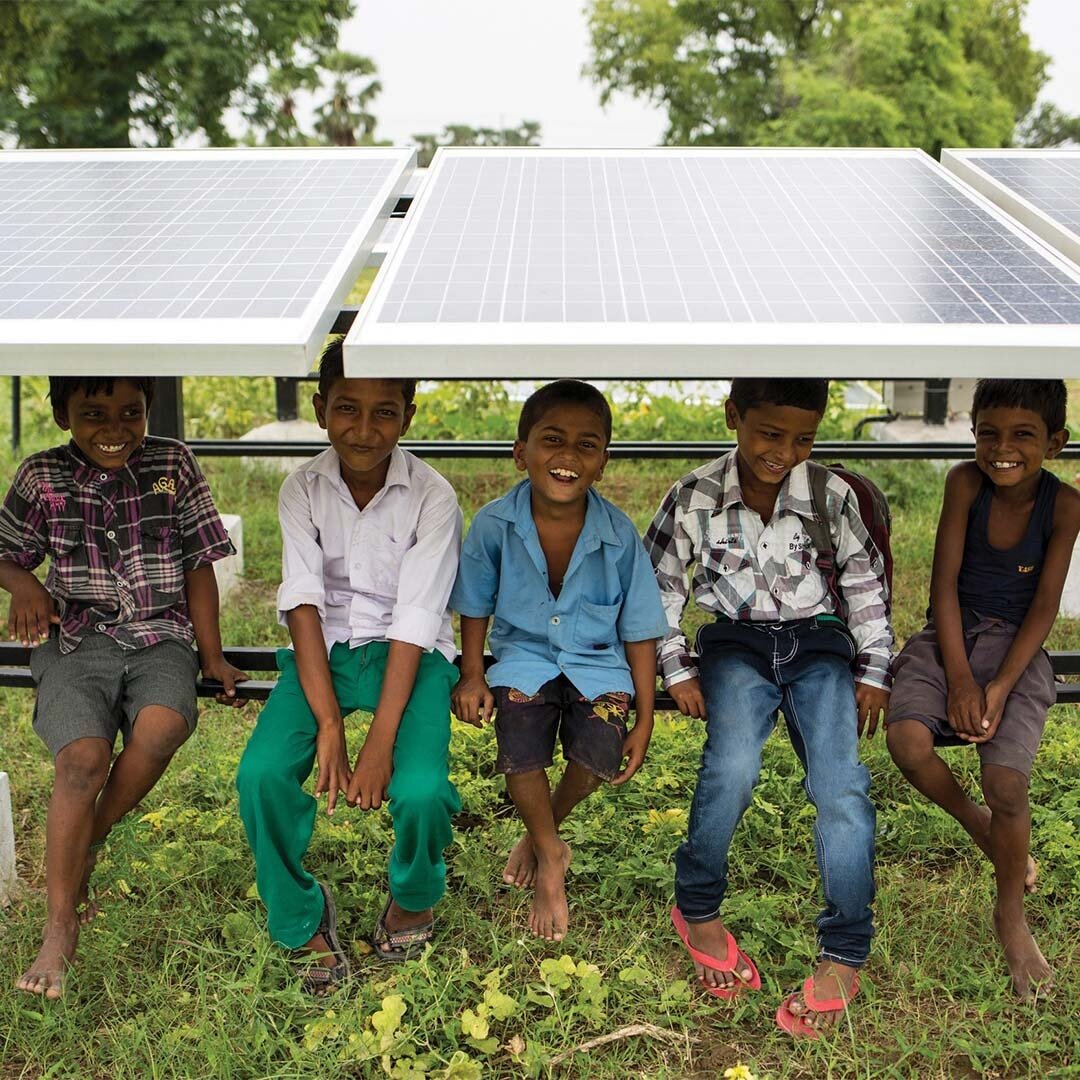Interested in benefiting from Schneider Electric’s impact investment program?
Climate change and social inequality are two inextricable — and worsening — problems. The call for an integrated, holistic response has never been louder.
Alongside major shifts like the energy transition and circularity, we must also mobilize our financial systems to create drivers for change. One way is to channel private capital into sustainable development, combining financial returns with positive social and environmental results. This is called impact investing.
The global need for impact finance
Last year, the UN reviewed the Sustainable Development Goals (SDGs) and found that only 17% of them are on track. Clearly our combined efforts aren’t enough; we need to stimulate more innovation, from all corners of the world.
Impact-driven startups are a fountain of big ideas and enthusiasm. But in emerging economies, they often face tall hurdles. These include meagre funding, regulatory barriers, scaling difficulties, and workforce challenges.
In many cases, these layer over deeper socio-economic challenges, like poor infrastructure and limited access to essential services. Unfortunately, the climate crisis often affects developing regions more, which worsens poverty and inequality.
Bridging the gap
Beginning in 2009, Schneider Electric’s impact investment practice is mature, multi-pronged, and effective. We can provide early-stage and patient capital, leveraging our expertise and networks, or offer mentorship and hands-on support. By combining elements of private investment with an impact-first approach, we foster an environment where startups can freely innovate and thrive.
This hybrid model has enabled us, alongside other investors, to reach underserved communities and address new markets, with total investments exceeding €400 million in equity and carbon funds, including €90 million from Schneider Electric. When focusing on emerging markets, we target critical issues such as energy access, the energy transition, and clean energy adoption — thus stamping positive change in these regions.
More corporations must now throw their weight into impact investing, allowing access not only to their capital, but expertise, network, and mentorship. This fulfils market needs while supporting innovative solutions in the areas they’re needed most.
Our success stories include:
- Okra: decentralizing solar energy with mesh-grid for rural customers in Nigeria and Haiti.
- Agros: offering a comprehensive solution, including solar pumping, for the transition to sustainable farming in South-East Asia.
- MyJouleBox: developing mini-grids in Benin to support local enterprises.
- Carbon Masters: converting wet waste in India to bio CNG and organic fertilizers, reducing carbon emissions while diverting tons of wet waste from landfills.
Driving innovation and impact
Over the past 14 years, the startups and projects we support have created 4,000 direct jobs and positively impacted millions of people — while reducing CO2 emissions, recycling waste, and promoting widespread sustainable development. At Schneider, we believe our duty is to help ensure a fast and inclusive energy transition. Impact investing is one of several activities performed by our corporate citizenship team.
In the run-up to COP29, we call on more companies to recognize that impact investing plays a pivotal role in fostering social, environmental, and financial returns. This integrated, cross-corporate approach holds the key to lifting underserved communities — and forms a bulwark against climate change.
By weaving impactful investment practices into our financial systems, we accelerate progress toward SDGs, and move closer to a more sustainable and inclusive world for generations to come.


